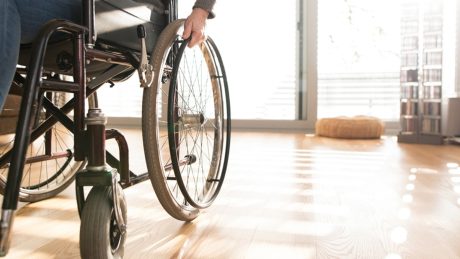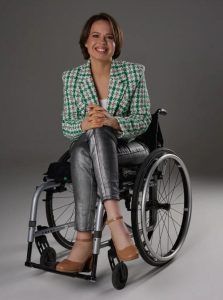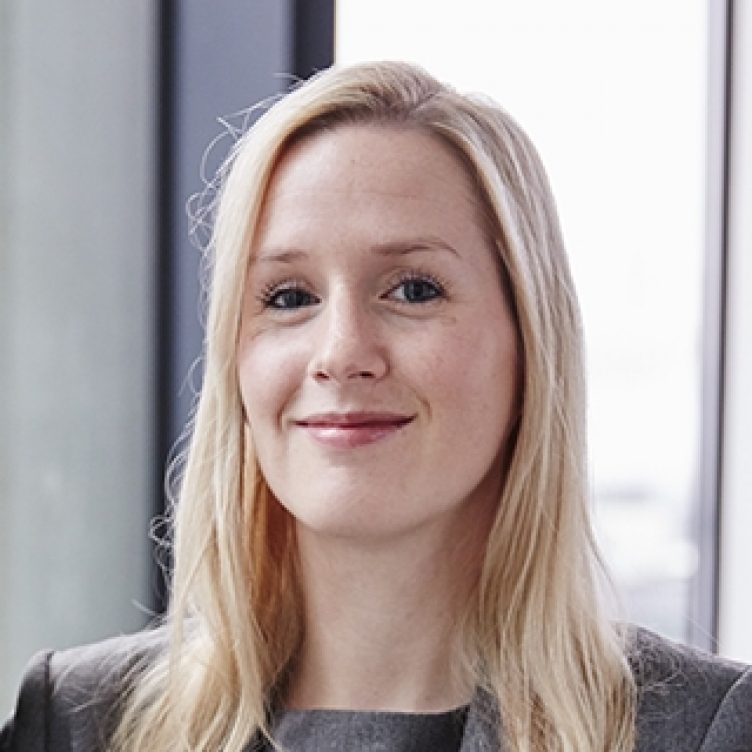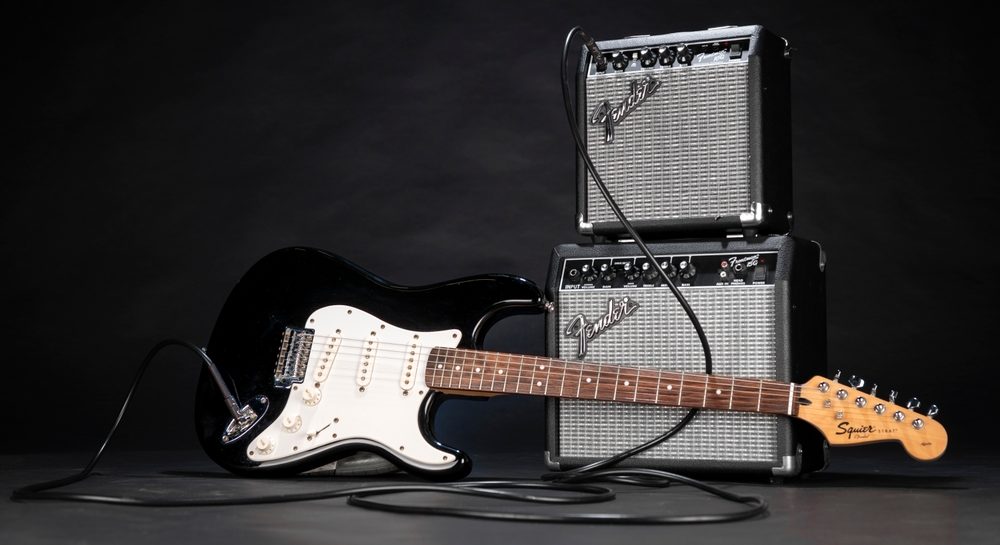International Wheelchair Day will be celebrated on 1 March as it has been every year since 2008. The day is marked to acknowledge the positive impact wheelchairs can have on people with disabilities, and to campaign for greater awareness of wheelchair users’ needs and increase accessibility to wheelchairs for those in need of but without one.
To mark this year’s International Wheelchair Day, Nadia Krueger-Young spoke to disability advocate and handcyclist Marina Logacheva about her experiences as a wheelchair user.
What do people most often ask you as a wheelchair user?
The two most common questions I get are, “So what happened to you?” and “Any chances of walking again?” While I understand people are curious, these questions feel intrusive and deeply personal. It can be exhausting to share such details with strangers, sometimes multiple times a day, whether it’s with taxi drivers, cashiers or people passing by on the street. I don’t mind educating others, but I wish people understood that this is private information and not everyone feels comfortable sharing it.
I also wish people saw wheelchairs the way they see glasses. When you see someone wearing glasses, you don’t get surprised or ask about their level of vision. You simply understand that glasses help them see better. The same applies to wheelchairs: they are a tool for mobility, helping people move around.
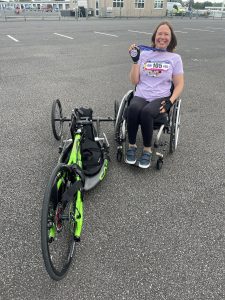 What is the best thing about using a wheelchair?
What is the best thing about using a wheelchair?
The ability and freedom to move. My wheelchair allows me to go places, whether it’s running errands, travelling, competing in sports or simply getting from one room to another. Without it, I wouldn’t be able to get out of bed.
As a wheelchair user, what one thing do you wish you could educate all non-wheelchair users about?
I wish people understood that inability to walk/using a wheelchair is just the tip of the iceberg. Many wheelchair users deal with a range of other health challenges. For example, my daily basic living tasks, such as getting up, using the toilet, showering, dressing, stretching and using a standing frame, takes around seven hours. That’s practically a full-time job! Because of this, other tasks, like replying to emails, are more challenging for me. I wish people were more understanding.
I also wish people would treat me like anyone else and avoid being intrusive. Don’t talk to me like I’m a child and don’t pat me on the back or push my wheelchair without asking.
Is there anything as a wheelchair user you cannot do, that you wish you could?
Spontaneity is almost impossible. Every part of my day needs to be planned in advance. For example, when I’ll use the toilet and which cafés are accessible (do they have a ramp? do they have an accessible toilet?), and whether transport is available. I can’t just decide to fly somewhere last minute. I have to coordinate with the airline and airport in advance, research every hotel and check for accessibility barriers. Steps, narrow doorways and inaccessible transport can turn a simple outing into a logistical nightmare. I’d love to just say, “Let’s go!” without worrying about all these extra considerations.
What question do you wish people would ask you more often as a wheelchair user?
I would love for people to ask me more about my interests and work rather than just my disability. Questions like, “What sports do you play?” or “What are you passionate about?” would be great. My wheelchair is a part of me, but it’s far from the most interesting thing about me! I am always happy to chat about disability inclusion as well but prefer that it is just one of the topics rather than the main one.
What can non-wheelchair users do to support wheelchair users?
Be an ally by advocating for better accessibility and learning about disability etiquette. Plenty of great resources exist online, on social media, and in books. Read up about the social model of disability and the application of equality and equity in disability inclusion.
A few practical tips:
- Follow a few disability influencers on social media – you will learn more about daily life and the challenges people face.
- Read books such as Demystifying Disability, Being Heumann and Positively Purple.
- Watch movies: The Upside, Crip Camp, Rising Phoenix, We Might Regret This (BBC series) and Super/Man: The Christopher Reeve Story.
- Don’t use accessible toilets unless you need them – treat them like disabled parking spaces.
- If you see a venue without ramps or an accessible toilet being used as storage, speak up and educate others on the importance of disability inclusion.
- Always ask before offering help. Sometimes, we need assistance, but other times, we’re perfectly fine and just want to be treated like everyone else.
Tell me something I might not know about being a wheelchair user.
Wheelchairs and their adaptations are expensive, often costing as much as a car. They are highly customised, with everything from the type of tyres to the seat cushions tailored to individual needs, including pressure sore prevention. A wheelchair isn’t just a chair; it’s an extension of our body, and we have to spend thousands of pounds every five years to replace it. Disability is an expensive, lifelong commitment that no one is prepared for, but once you’re in it, you have to “roll with it” and try to find the goodness in each day.

Marina is Head of Marketing and Communications at Regain, the Trust for Sports Tetraplegics. Regain is the only charity dedicated to improving the independence of all British men and women who have become tetraplegic through a sports injury.
Our recent case studies of wheelchair users
- Retired octogenarian secures seven-figure settlement after negligent delay in carrying out spinal surgery
- Talented musician and artist who sustained traumatic brain injury in road traffic accident secures £8.5m settlement
- Student and mother of two secures seven-figure settlement following trusts’ negligence in diagnosing and treating cauda equina syndrome
- Client secures highest ever recorded personal injury damages award in Guernsey following road traffic incident
You can find further information regarding our expertise, experience and team on our Personal Injury and Clinical Negligence pages.
If you require assistance from our team, please contact us.
Subscribe – In order to receive our news straight to your inbox, subscribe here. Our newsletters are sent no more than once a month.

